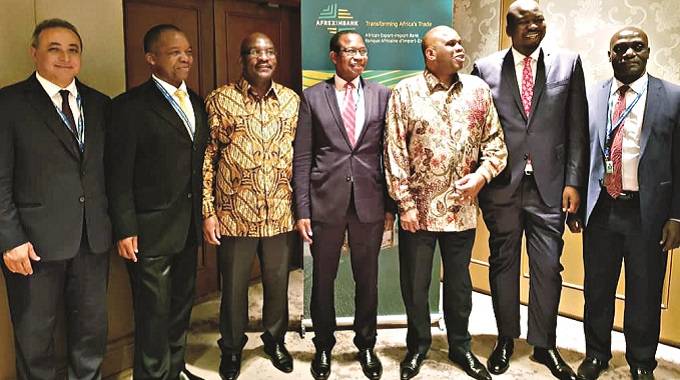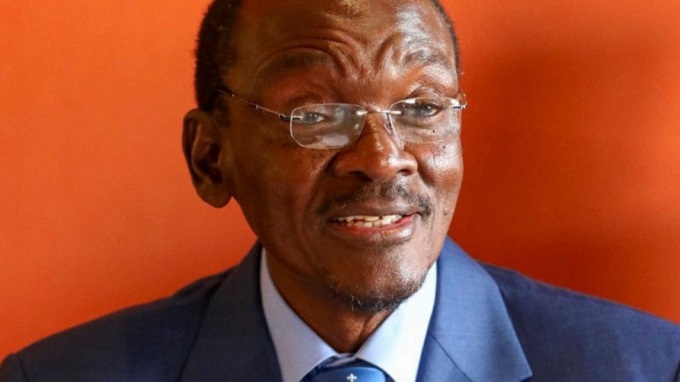Choke relief. . . IMF, World Bank back Zim’s debt clearance strategy

Enacy Mapakame, Harare Bureau
The International Monetary Fund and the World Bank backed Zimbabwe’s debt clearance strategy and the country’s two-year economic stabilisation plan in Indonesia yesterday, Finance and Economic Development Minister Mthuli Ncube has said.
This follows a roundtable meeting held with global lenders in Bali at the IMF/World Bank annual meetings to discuss a road map for clearing Zimbabwe’s choking $1,8 billion arrears.
Clearing the arrears to the World Bank and the African Development Bank will help unlock new funding for the country that was stopped in 2000 after the country defaulted.
“It is also important to note that all the cooperating partners and creditors present, uniformly expressed their (support) for Zimbabwe and its arrears clearance Road Map, and that the meeting has been the best so far on Zimbabwe’s arrears clearance process,” said Minister Ncube in a statement yesterday.
The meeting, chaired by the World Bank, was also attended by The Paris Club, as well as bilateral partners such as Britain, the US, Australia, Netherlands and South Africa, among others.
Minister Ncube outlined the country’s turnaround strategy and the roadmap to achieve upper middle income economy by 2030 that was well received.
These are centred on the policy reforms the Government of Zimbabwe is undertaking through Transitional Stabilisation Programme.
The economic recovery programme is aimed at reducing public expenditure by restructuring the civil service currently consuming about 90 percent of the State revenues.
The plan will also prioritise the privatisation of State – owned companies.
France expressed its support towards the arrears clearance and recovery plans, while encouraging the Paris Club Group of creditors to put their weight behind Zimbabwe’s plans.
The IFIs and other creditors also endorsed the TSP as it adequately captures policy reforms that Government is implementing to boost the economy.
They, however, emphasised the need for proper implementation as it was crucial for arrears clearance.
Minister Ncube met the US Deputy Assistant Secretary of Treasury, Mr Erick Meyer where the latter expressed US’s willingness to work with Zimbabwe and asked that the country views ZIDERA in a positive way.
The sanctions law was promulgated in 2001.
Further, the US Treasury also undertook to arrange meetings for the Minister in Washington DC with US Congressmen and other think tanks.
In October 2015, in a meeting in Lima, the IMF agreed to extend lines of credit to Zimbabwe after the Government made a commitment to clear the then $1,8 billion arrears to the multilateral lending institution within the first quarter of 2016, but failed due to compounding economic challenges.
There is now a renewed impetus following the change in the country’s leadership, which is expected to see the economy improve.











Comments